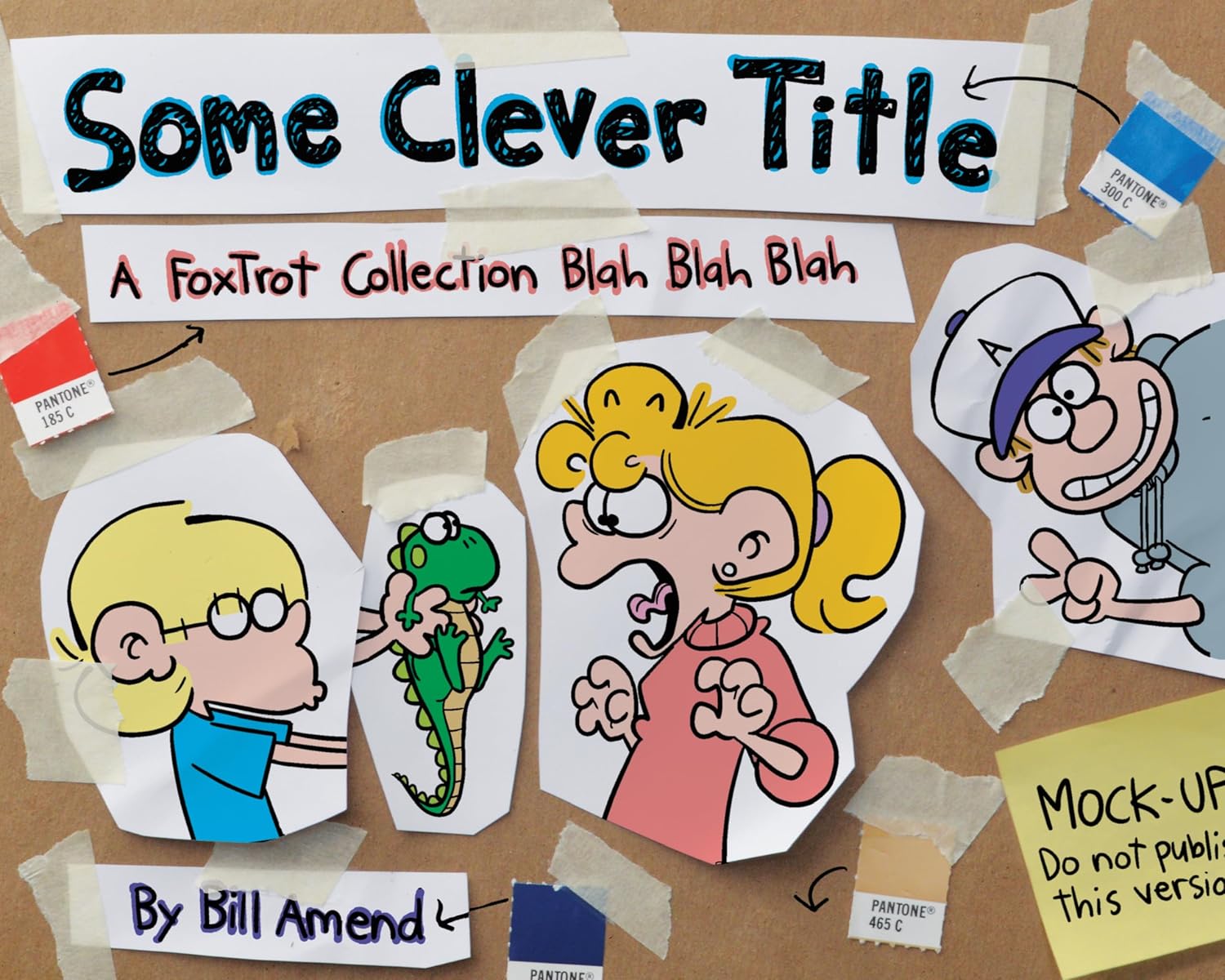“The One with Monica and Chandler's Wedding: Part 1.” By Greg Malins. Perf. Jennifer Aniston, Courteney Cox, Lisa Kudrow, Matt LeBlanc, Matthew Perry, David Schwimmer, and Gary Oldman. Dir. Kevin Bright. Friends. Season 7, episode 23. NBC. 17 May 2001. DVD. WarnerBrothers, 2013.
Alert readers will know that I prefer more Shakespeare to less, but my ears are attuned to picking up Shakespeare in even minuscule quantities.
The first of these involves only the mention of an actor known for Shakespearean roles—and for producing spit when enunciating his lines. The famous actor's name (within the world of the show) is Richard Crosby, and he's played by Gary Oldman (a famous actor outside the world of the show), whose major Shakespeare role (to me) is Rosencrantz in the Rosencrantz and Guildenstern are Dead directed by Tom Stoppard.
The only allusion to Shakespeare is in Joey's line. He says, "Okay . . . uh, look I know you’re a great actor, okay? And you play all those Shakespeare guys and stuff." That's it. But the premise is that this great Shakespearean actor is enunciating so well that he's spitting all over Joey. And the gag is carried out brilliantly:
“The One with the Mugging.” By Peter Tibbals. Perf. Jennifer Aniston, Courteney Cox, Lisa Kudrow, Matt LeBlanc, Matthew Perry, and David Schwimmer. Dir. Gary Halvorson. Friends. Season 9, episode 15. NBC. 13 February 2003. DVD. WarnerBrothers, 2013.
A couple seasons later, we have a reference to an imagined movie. This episode also has a pseudonym for an actor. Jeff Goldblum (a real actor) plays the famous actor Leonard Hayes (not a real actor), and we learn that Hayes is known for a film version of
Macbeth.
My first reaction, naturally enough, was to search IMDB for the Leonard Hayes Macbeth (I had never heard of it—and I wonder if the details would help me get the joke about Jackass: The Movie.
Eventually, I realized that it wasn't a real
Macbeth and it wasn't a real actor. But it's a Shakespeare reference nonetheless!
That's all. But you should all realize, that, for obscure Friends references to Shakespeare, Bardfilm is your site of choice.
Links: The Episode at IMDB. The Other Episode at IMDB.
Click below to purchase all the Friends you can stand from amazon.com
(and to support Bardfilm as you do so).































